We didn't have a lot, but we were together.
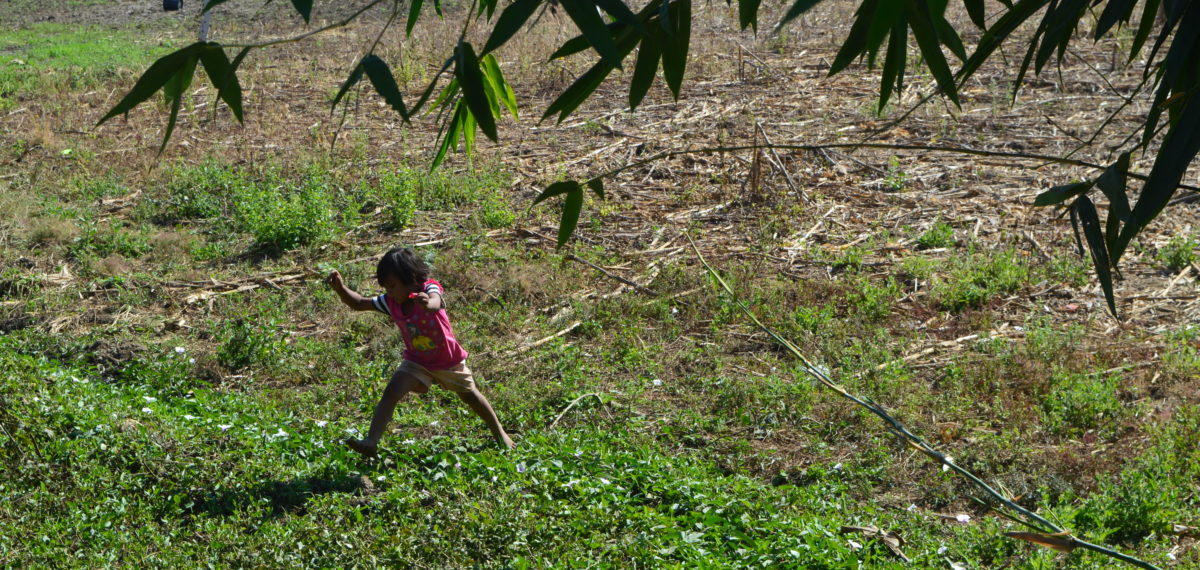
Part 1:
Judah’s family is Lahu, a hill tribe whose members can be found in the mountainous regions of several Asian countries, including China, Thailand, Myanmar, and Vietnam. Before he was born, his parents had moved to Thailand from Myanmar because the Burmese army was forcing young Lahu men 15 years old and older to be porters for the army. The Lahu had no conflict with the Burmese army, but they were still taking their young men to serve the army. When Judah was 3, his parents heard that the situation in Myanmar had improved, and decided to move back with their three children; Judah, his older brother Jonah, and their younger sister.
But things were not better, and Myanmar was not a safe place for their family to grow. The decision was made to take the slow, weary journey back to Thailand again, all by foot. On that journey, their younger sister died. They think it was jungle fever, but there was no doctor or hospital to confirm that. Judah and Jonah were very young, so the details are not clear.
Their family ended up settling in a very small village near Klong Lan in Kampheang Phet province. They moved into a jungle area and built a house in the jungle, a half day’s walk from the city. They estimate 50 km. There was no water and no electricity. It was very difficult.
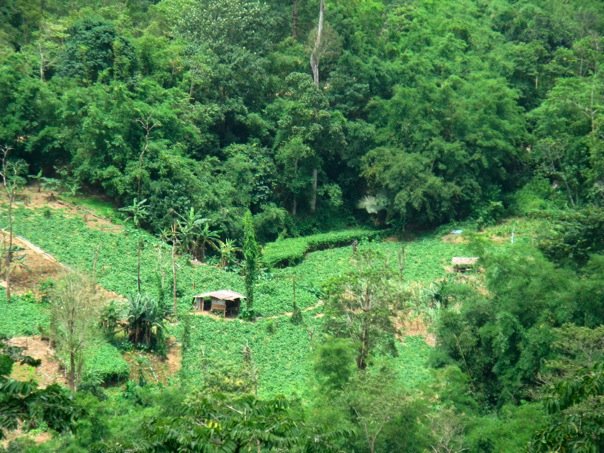
They chose to go there because his grandparents and some aunties and uncles had moved there before them. It was like a small family village. But his family and tribe were not the only people there. He remembers many tribes: Yaow, Hmong, Lahu, and Lisu. Because they lived so far out in the jungle they would only get to go to the market for shopping once a year, during Christmas, when they would buy new clothes and MSG. Apart from that, anything they needed, like rice or spices, they planted by themselves.
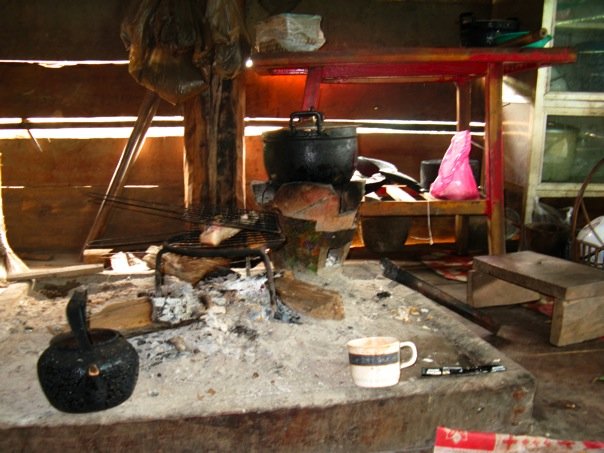
They got water from the river. They would take many bamboo pipes, cross sections of fresh bamboo that hold water, and walk to the river, carrying the bamboo pipes back in a woven basket to store in the kitchen. In some houses they would have regular bowls and plates, maybe 3 to 5 pieces, but mostly they would use natural things to put food on, like leaves. They would store drinking water in a kind of fruit that would keep the water cool.
In his childhood, Judah felt loved and like there was warmth in his family. They did life together all the time. He didn’t go to school yet. They did all the work together. They farmed together, cooked together, and ate together. They were together all day every day. They were very close.
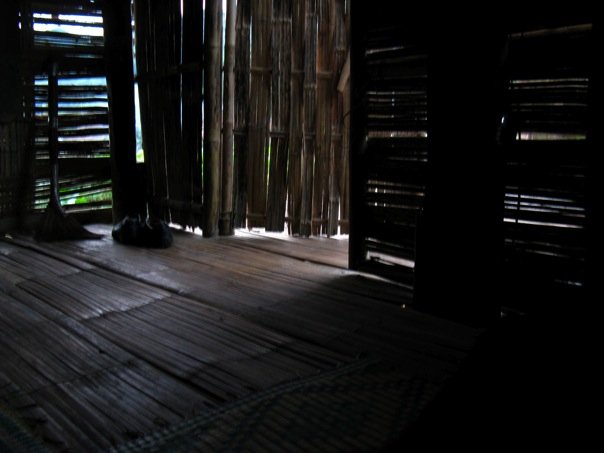
One of the things Judah says he learned from his family is that no matter what happens, families can stick together. There was war in Myanmar. Some families with many children sold or gave their children away to other people. But his parents didn’t give up on them and didn’t sell them. They took care of each other, and they didn’t leave each other. That’s something he applies to his own family: whatever happens we stay together. “We work together. We do life together.” They didn’t have a lot, but their childhood was good, and happy, and they were given strength and knowledge from it that they still carry to this day.
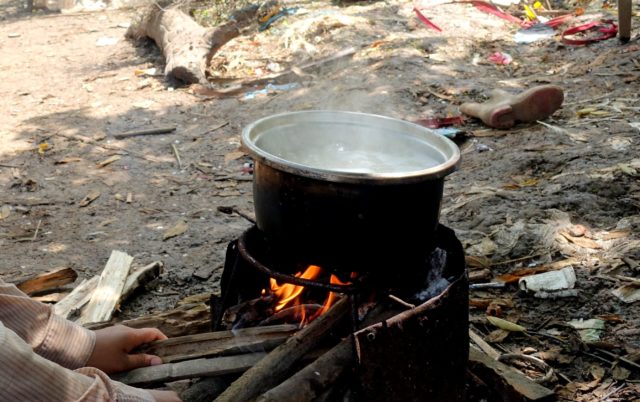
This is an excerpt from an extended interview with our staff members up in the mountains who used to manage our children’s home before we closed it. Stay tuned for more of this story, and exciting updates about what is happening now up on the mountain.
Carrien is co-founder of The Charis Project, Family Education Curriculum Developer, and mom of 6.
You can get her free mini-course on Making Your Family More Resilient here.
